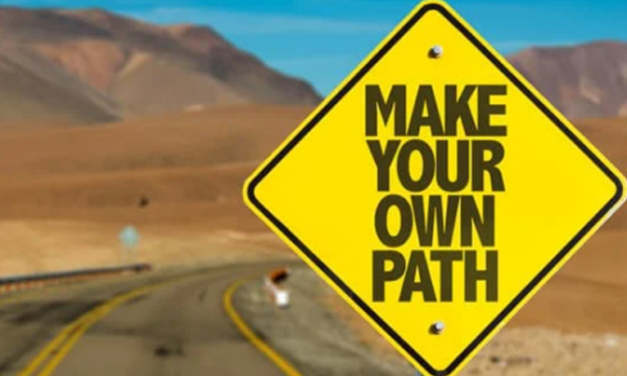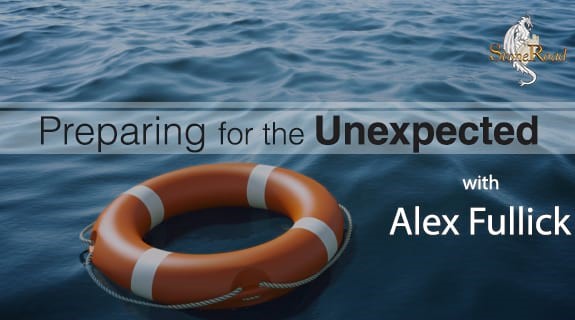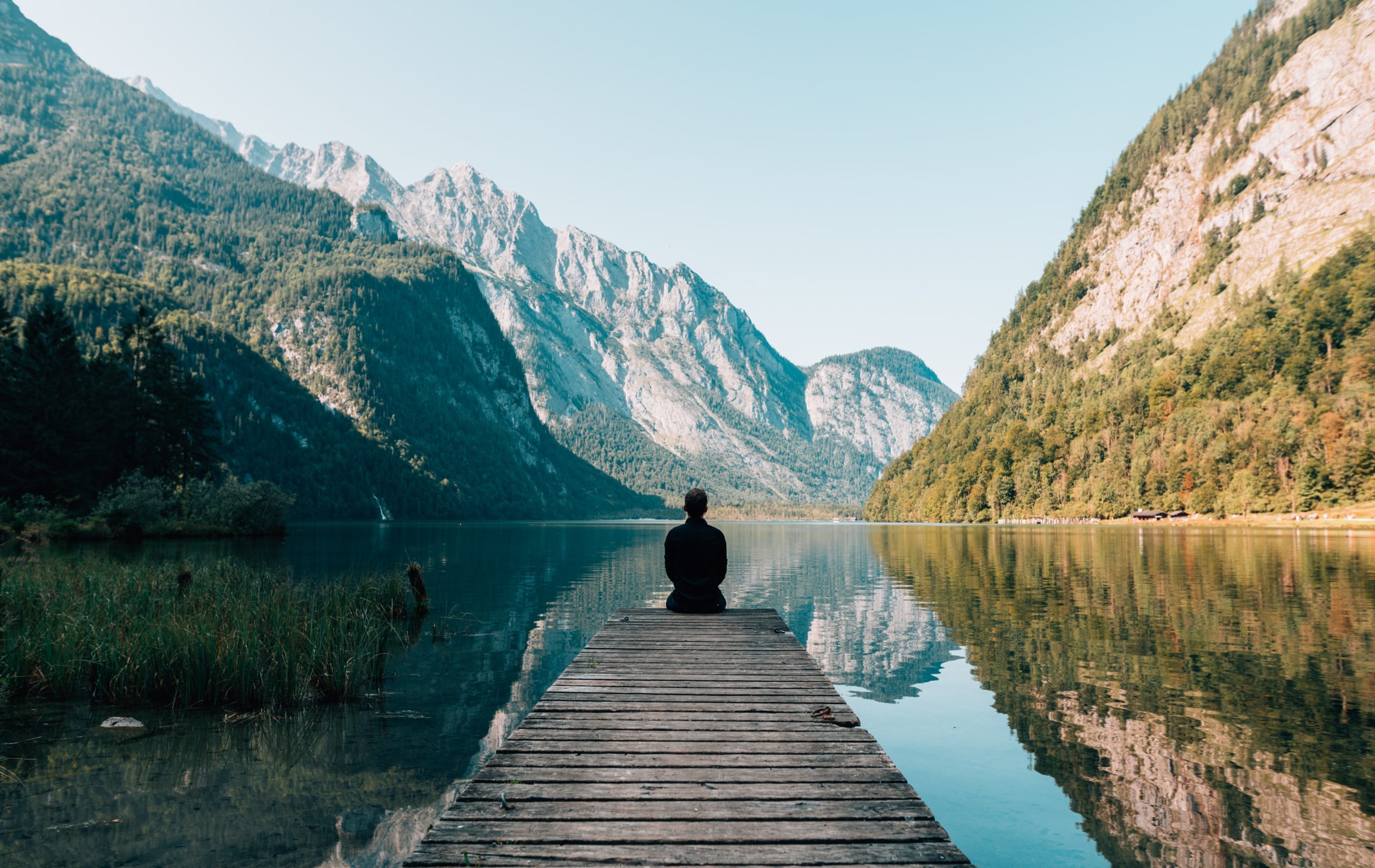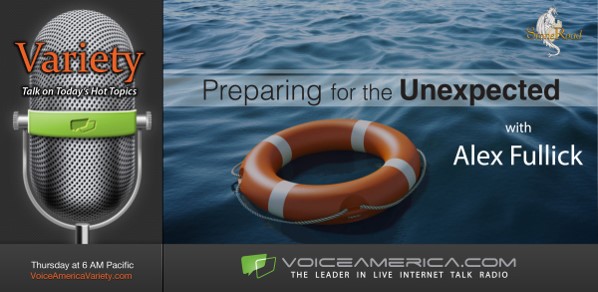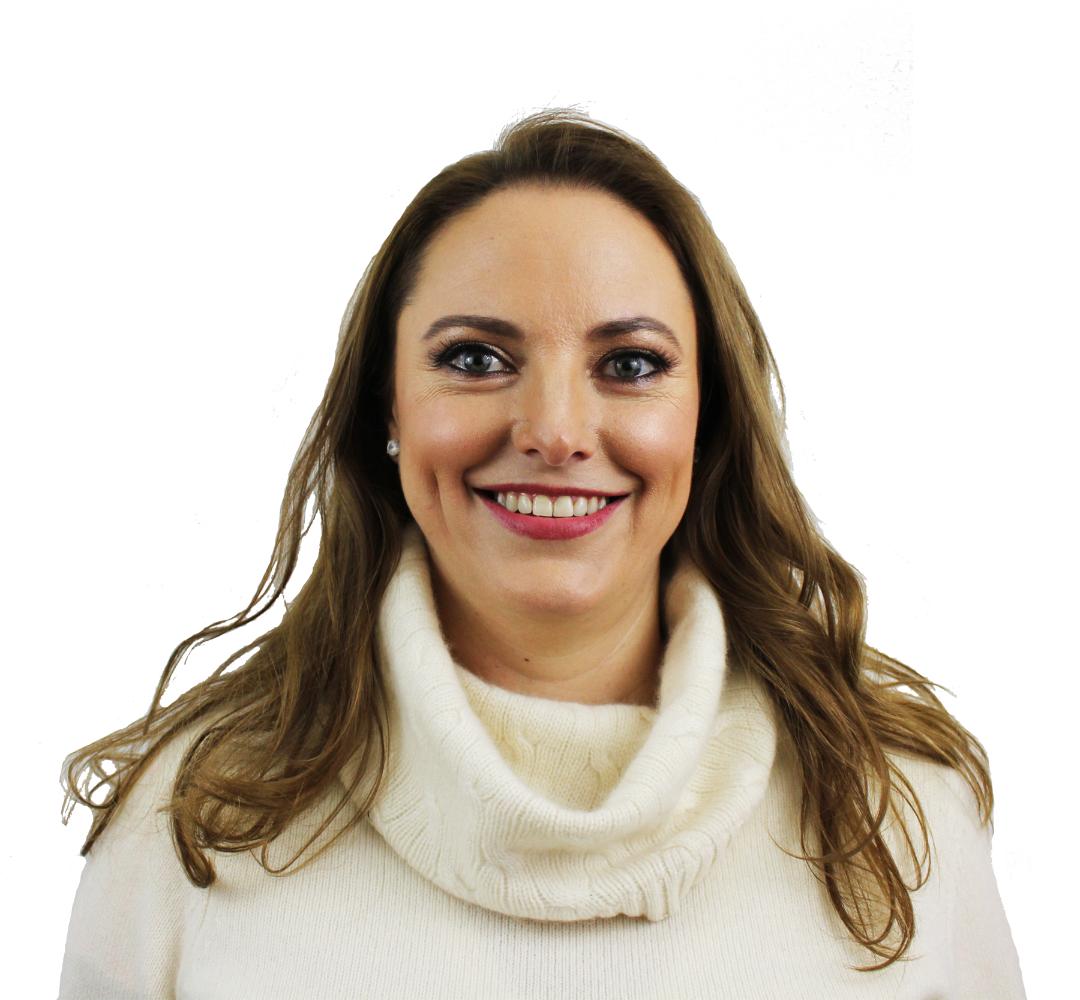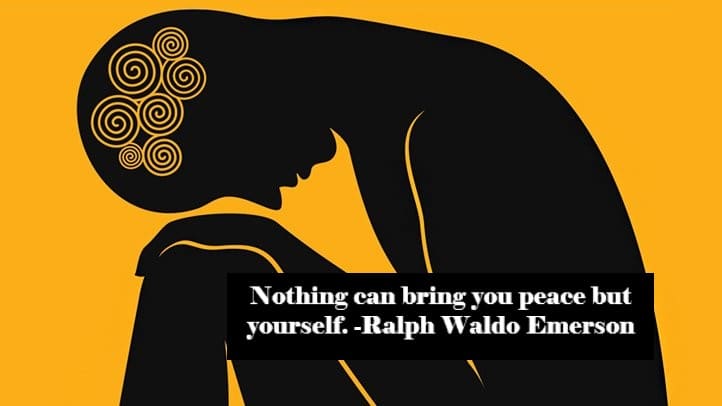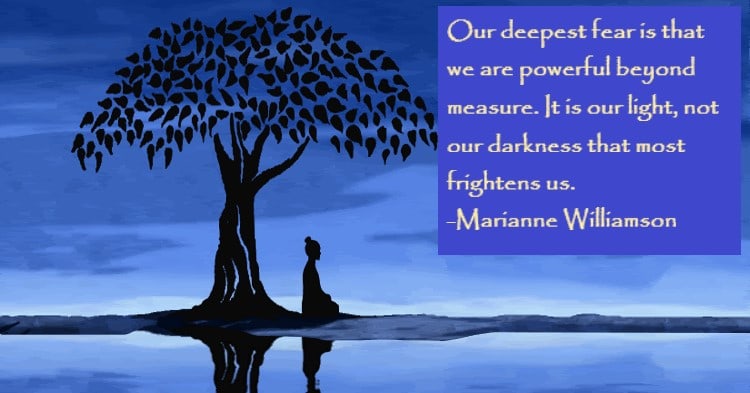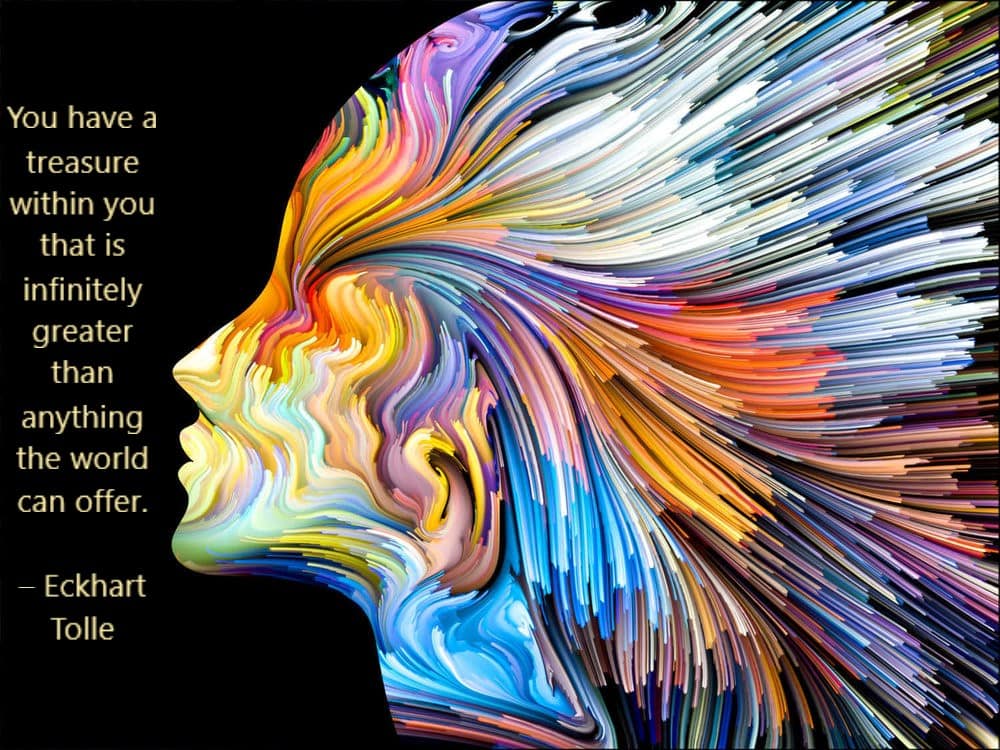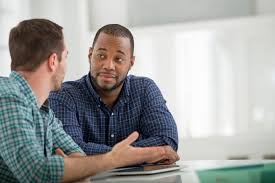Stop Looking Around: Focus on Your Growth, Confidence, and Your Journey
When speaking to Dr. Janet Williams, Vice President of the School of Health Sciences at William...
Read Moreby Stephanie Duguid | Dec 14, 2023 | Empowerment, VoiceAmerica | 0 |
When speaking to Dr. Janet Williams, Vice President of the School of Health Sciences at William...
Read Moreby Lynn McLaughlin | Oct 18, 2023 | Health & Wellness, VoiceAmerica | 0 |
Introduction In a world where our children face an ever-growing array of challenges, the...
Read Moreby Alex Fullick | Apr 7, 2023 | Business | 0 |
Join me Thursday, July 6/23 at 1pm EST! I talk with Psychologist, author, and the co-founder of...
Read Moreby VoiceAmerica | Apr 19, 2021 | Business | 0 |
To receive these weekly articles, subscribe here. This article was previously published on the...
Read Moreby VoiceAmerica | Feb 2, 2021 | Variety | 0 |
Join me September 9/21, at 9am EST! Do you want to be better at what you do? Do you want stronger...
Read Moreby VoiceAmerica | Jun 15, 2020 | Health & Wellness | 0 |
Sleep and rest, something we all know so much about, right? Welcome to PART 2 of “The better Human Experience”. Or as we like to call it, things we should have learned in school. I have done countless hours of...
Read Moreby VoiceAmerica | Jun 8, 2020 | Health & Wellness | 0 |
The Better Human Experience part one of the series. We are excited, and grateful, to have our special guest Wendi Michelle join us for some down to earth advice on nutrition.As well as a chance to really get to know her. Wendi...
Read Moreby VoiceAmerica | Mar 24, 2018 | Empowerment | 0 |
In a recent episode from my radio show, Uplift Your Life: Nourishment of the Spirit, my guest,...
Read Moreby VoiceAmerica | Mar 14, 2018 | Empowerment | 0 |
In a recent episode from my radio show, Uplift Your Life: Nourishment of the Spirit, my guest Dr....
Read Moreby VoiceAmerica | Mar 6, 2018 | Empowerment | 0 |
Using Natural Cycles to Recharge Your Life In a recent episode from my radio show, Uplift Your...
Read Moreby VoiceAmerica | Jan 5, 2018 | Business | 0 |
Emotional skills are more important than ever for 21st century business. Good leadership can be...
Read More

